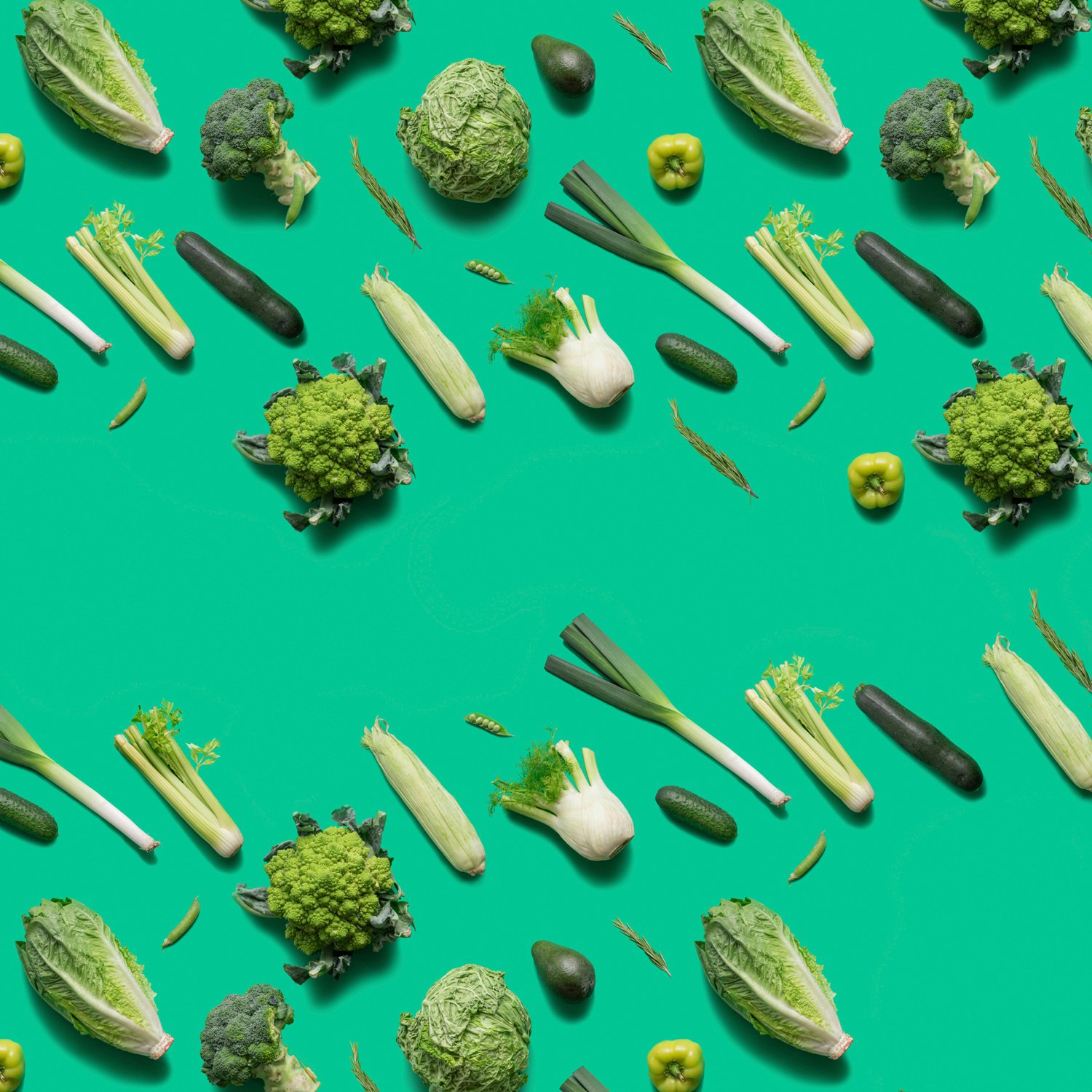Should I try a vegan diet?

According to a study by Oxford University, if we were all to switch to diets that rely less on meat and more on fruit and vegetables, greenhouse gases could be cut by two-thirds.
Thinking about having a go? Here’s what you need to know.
IS GOING VEGAN MORE EXPENSIVE?
It depends on what you eat. Some prepared meals might be slightly more expensive as they may contain more fresh ingredients, have a shorter shelf life and be less in demand. Good vegan food is all about vegetables and pulses: something as simple as a delicious lemon chickpea stew or a lovely dhal and rice. There’s no arguing about whether chickpeas or rice cost less than the same amount of beef or Cheddar – a vegan meal will invariably be the cheapest option for a scratch cook.
Unless you’re into bodybuilding, you can get that without animal-derived products.”
WHAT ABOUT PROTEIN – WILL I GET ENOUGH?
The recommended daily protein intake for adults is 56g for men and 45g for women, so unless you’re into bodybuilding, you can get that without animal-derived products. A serving of 50g porridge oats with 200ml soya milk contains 13g of protein, for instance, while half a can of baked beans with two slices of wholemeal bread contains 19g. However, Waitrose nutritionist Joanne Lunn warns that vegans do need to consider the quality of the protein they consume. “Proteins are made up of building blocks called amino acids. When plant products are the main source of protein, it’s important to eat a variety to make sure you are getting all the different essentials. Try to include a source of protein with each meal, such as pulses, soya products, nuts, seeds, and grains. These foods go well with carbohydrates to make great-tasting plant-based meals, such as rice and dhal or beans on toast.”
WILL I NEED SUPPLEMENTS?
“It’s sensible to take a daily micronutrient supplement,” advises nutritionist Joanne Lunn. That’s because animal products contain more of certain vitamins and minerals than veg and pulses: iron in red meat, calcium in dairy, and vitamin D in eggs. You can get these micronutrients in a vegan diet – calcium from almonds and Brazil nuts, or iron in dried fruit and pumpkin seeds, for example – but check the daily requirement as in plant forms these nutrients are less readily absorbed. A 200ml glass of cow’s milk provides 270mg of calcium, for example, while 30g of almonds contains only 80mg.
Plant-based iron is also harder to absorb (though if you eat foods rich in vitamin C at the same time, such as lemon juice or greens, you get more iron). An easy way to make sure you’re getting enough is via fortified cereals and plant milks. Fortified almond ‘milk’, for instance, has as much calcium as cow’s, as well as some of your B12 requirement, which cannot be found naturally in a plant-based diet.
IS EATING VEGAN BETTER FOR THE PLANET?
Overall, yes, but there are many complexities at play within a globalised, industrial food system. In simple terms, however, cows produce more carbon emissions than corn. On average, 33-99kg of carbon dioxide equivalent is generated per kg of beef, and 24kg per kg of cheese. Compare this to 1.6kg for wheat and 0.4kg for nuts.
There is also the issue of water usage. Nuts need vast quantities of water to grow: five litres for a single almond, the farming of which has put pressure on the honeybees used to pollinate the almond orchards of California, for example. Beef also carries a water footprint, however – about 50% higher than that of nuts, according to the World Economic Forum. By the same token, livestock farming is taking a serious toll on natural habitats, such as the millions of hectares of tropical forest in Latin America that have been lost to cattle ranching in the past 50 years.
Vegan or not, anything imported or intensively produced – be it an avocado or soya bean – will generally have a higher carbon footprint than local or seasonal equivalents, as will highly packaged products.
WHAT IF I’M NOT READY TO GO FULLY VEGAN FOR A MONTH?
Don’t beat yourself up. Start by taking baby steps; cutting out meat twice a week and gradually replacing it with more veg or pulses. You could also eat vegan a few days a week and vegetarian the rest of the week. After all, a conscious choice, not a competition – it’s all about the little things. You can reduce the environmental impact of your diet without going vegan; just cutting out red meat could cut your diet’s carbon footprint by about a third. Small changes can make a big difference.









